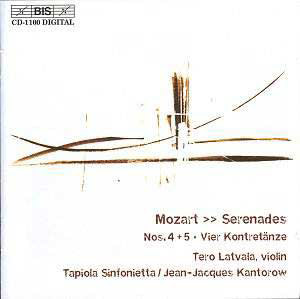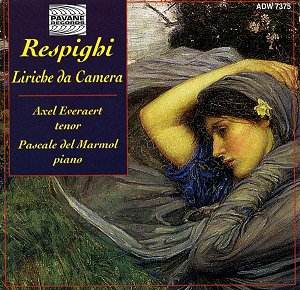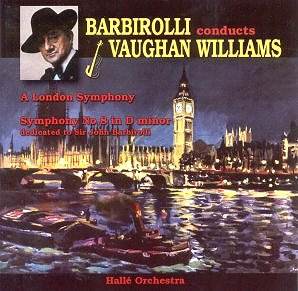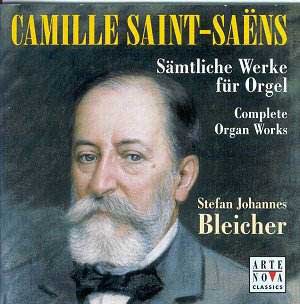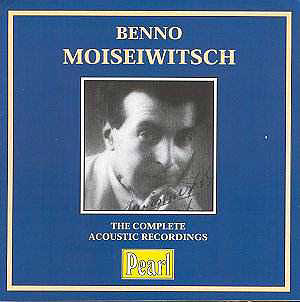 Composer: Benno Moiseiwitsch
Composer: Benno Moiseiwitsch
Works: The Complete Acoustic Recordings
Performers: Benno Moiseiwitsch, piano; Royal Albert Hall Orchestra conducted by Landon Ronald
Recording: London 1916-1930
Label: Pearl Gems 0142 [2 CDs: 144’16]
The recent release of Benno Moiseiwitsch’s complete acoustic recordings offers a compelling glimpse into the artistry of a pianist whose distinctive voice has often been overshadowed by his more flamboyant contemporaries. Moiseiwitsch, celebrated for his nuanced interpretations and vibrant tonal palette, emerges here in a collection that spans the years of 1916 to 1930. This period was pivotal not only for the pianist himself but also for the evolution of recorded sound, capturing a moment when the acoustic method was giving way to the nascent electrical recordings. The juxtaposition of his vibrant early work with the more sophisticated later recordings encapsulates a transition in both technology and interpretive practices.
The performances across these two discs reveal Moiseiwitsch’s formidable technical prowess and his innate ability to blend virtuosity with lyrical expressiveness. His interpretation of Debussy’s “Jardins sous la pluie” is a standout, where the vivid coloristic effects are brought to life with an electrifying immediacy. The recording captures his deft touch and ability to manipulate dynamics, imbuing the piece with a sense of spontaneity that is both engaging and enlightening. Notably, his approach to Ravel’s “Jeux d’eau” showcases a shimmering brilliance, where the fluidity of the water imagery is mirrored in his rippling runs and graceful phrasing.
Technical aspects of Moiseiwitsch’s playing are characterized by a remarkable sensitivity to the inner workings of the music. His interpretations of Chopin, particularly the “Waltz Op. 64 No. 1,” demonstrate a keen understanding of the dance rhythms, with a perfectly balanced use of rubato that enhances the emotional depth of the piece without veering into sentimentality. His playful embellishments in the E Minor Nocturne serve not only to showcase his dexterity but also to illuminate the work’s expressive potential. The recordings exhibit a certain warmth, though the orchestral contribution under Landon Ronald occasionally falters; moments of unevenness in the brass and strings detract from the overall cohesion, particularly in the Mendelssohn Concerto, where the soloist’s brilliance occasionally outshines the accompaniment.
The sound quality of these recordings, while inevitably limited by the technology of the time, has been expertly remastered to reveal a clarity that allows listeners to appreciate the subtleties of Moiseiwitsch’s artistry. His quicksilver ornaments and trills, especially evident in Scriabin’s Nocturne for Left Hand, resonate with a vividness that belies their historical context. The engineering has succeeded in preserving the warmth of his tone, which is consistently described as “sparkling,” with a pearly treble that enchants throughout.
Moiseiwitsch’s interpretative choices often reflect an intimate dialogue with the scores, as seen in his playful take on Chasins’ “Flirtation in a Chinese Garden,” where he infuses the work with an infectious charm and wit. His ability to bring out inner voices, particularly in Scarlatti’s “Pastorale,” demonstrates an unforced eloquence that is wholly musical. The deliberate alterations he sometimes employs, whether through dynamic shading or textual embellishments, are achieved with a sense of purpose, enhancing the music’s internal logic rather than serving as mere displays of his technical ability.
This comprehensive collection of Moiseiwitsch’s acoustic recordings stands as a testament to his artistry and the breadth of his repertoire. The chronological presentation allows listeners to trace his development as an artist, revealing not only his technical mastery but also a deep emotional engagement with the music. The listening experience is one of continual discovery; each track offers insights into the complexities of the piano repertoire while deepening one’s appreciation for Moiseiwitsch’s legacy. The set not only enriches our understanding of his contributions but also elevates our grasp of piano music itself, making it an essential acquisition for any serious aficionado of the instrument.
